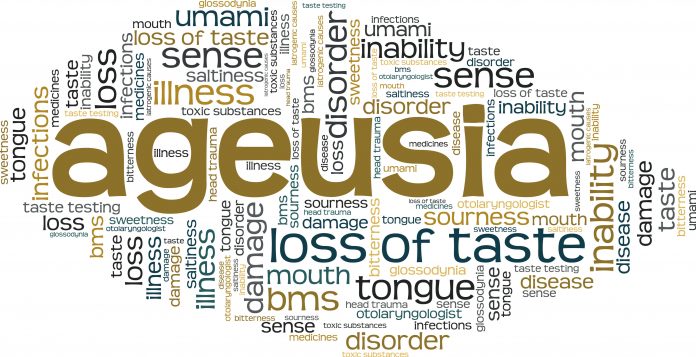As we age, our senses start to decline, and one of the most common changes is a loss of taste. This condition, also known as ageusia, can be frustrating and even dangerous for seniors. Taste plays a crucial role in our overall well-being, from our enjoyment of food to our ability to detect spoiled or contaminated food. So, what causes a loss of taste and how can seniors regain it? Let’s explore the answers to these important questions.
Causes of Loss of Taste
There are various factors that can contribute to a loss of taste, especially in seniors. Some of the most common causes include:
- Decrease in Taste Buds: As we age, our taste buds start to diminish in number, and the remaining ones become less sensitive. This is a natural part of the aging process and can result in a decreased ability to taste.
- Medications: Many seniors are on multiple medications, and some of them can affect the sense of taste. Certain medications, such as antibiotics, blood pressure drugs, and chemotherapy medications, can cause a metallic or bitter taste in the mouth, making food less enjoyable.
- Poor Oral Health: Dental issues, such as gum disease, tooth decay, and dry mouth, can also lead to a loss of taste. These problems can alter the taste perception and make it difficult to taste food properly.
- Nutritional Deficiencies: As we age, our bodies may not absorb nutrients as efficiently as they used to, leading to deficiencies in essential vitamins and minerals. This can affect the taste buds and result in a loss of taste.
- Infections and Illnesses: Certain infections, such as the common cold, flu, and respiratory infections, can cause a temporary loss of taste. Serious illnesses like Parkinson’s disease, Alzheimer’s disease, and cancer can also affect the sense of taste.
Regaining Taste
If you or a loved one is experiencing a loss of taste, there are steps you can take to regain it. Here are some effective ways to improve your sense of taste:
- Proper Oral Hygiene: Good oral hygiene is essential for maintaining a healthy sense of taste. Brushing your teeth twice a day, flossing daily, and using a mouthwash can help prevent gum disease and tooth decay, which can affect taste.
- Stay Hydrated: Drinking enough water is crucial for keeping your taste buds functioning properly. Dehydration can cause a dry mouth, making it difficult to taste food. Aim to drink at least eight glasses of water a day.
- Avoid Smoking and Excessive Alcohol Consumption: Smoking and drinking alcohol can damage the taste buds and lead to a loss of taste. Quitting smoking and limiting alcohol intake can help improve your sense of taste.
- Try Different Spices and Herbs: As we age, our taste buds become less sensitive to flavors, so adding new and different spices and herbs to your meals can help enhance the taste.
- Increase Zinc Intake: Zinc is an essential mineral that plays a vital role in taste perception. Seniors may have lower levels of zinc, so including zinc-rich foods like seafood, whole grains, and nuts in their diet can help improve their sense of taste.
- Consult a Doctor: If the loss of taste is due to medication or a medical condition, it is essential to consult a doctor. They can prescribe alternative medications or offer treatment options to help improve taste.
- Use Different Cooking Methods: Changing the way you cook your food can also make a difference in taste. Grilling, roasting, and broiling can bring out different flavors in food and make them more enjoyable to eat.
- Practice Mindful Eating: Slow down and pay attention to the taste, texture, and smell of your food. This can enhance your eating experience and help you appreciate the flavors more.
- Get Regular Dental Checkups: Seniors should visit their dentist regularly for checkups and cleanings. This can help detect and treat any potential dental issues that may affect taste.
- Consider a Multivitamin Supplement: If your loss of taste is due to a nutritional deficiency, taking a multivitamin supplement can help replenish the necessary vitamins and minerals.
A loss of taste can be a common issue for seniors, but it doesn’t have to be a permanent one. By taking care of your oral health, staying hydrated, and making some dietary changes, you can improve your sense of taste and continue to enjoy your favorite foods. If the problem persists, it is essential to consult a doctor to rule out any underlying medical conditions. With these tips, seniors can regain their sense of taste and continue to savor the flavours of life.








